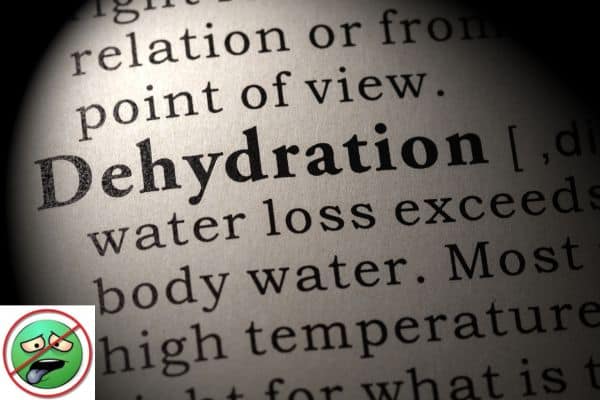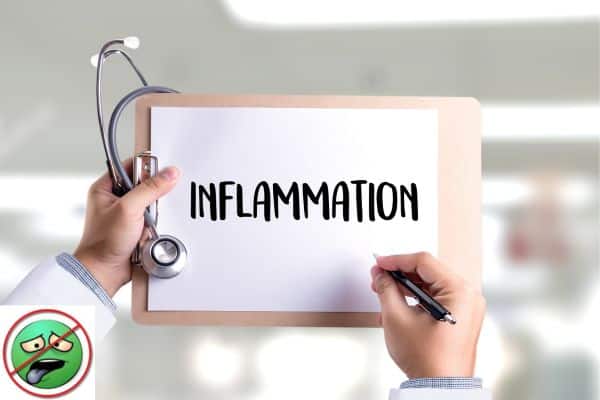What Is A Hangover?
Hangover
[hang-oh-ver]
noun
The physical and mental aftereffects of consuming too much alcohol. The headache, dry mouth and upset stomach that follow a night of drinking.
Top Hangover Symptoms:
Hangovers can be pretty individual and vary widely in symptoms and severity, depending on various factors, including the type and amount of alcohol consumed, personal health, hydration levels, and more. However, common symptoms often include:
1. Headache and Muscle Aches: Alcohol increases urine production, leading to dehydration, which can cause headaches and muscle aches.
2. Fatigue and Weakness: Heavy drinking can lead to poor quality sleep, resulting in fatigue or weakness the next day.
3. Thirst and Dry Mouth: These are signs of dehydration and are common after consuming alcohol.
4. Nausea, Vomiting, or Stomach Pain: Alcohol irritates the stomach lining, leading to nausea, vomiting, and abdominal pain.
5. Poor or Decreased Sleep: Alcohol can interfere with your sleep cycle, leading to poor sleep and grogginess.
6. Increased Sensitivity to Light and Sound: This symptom is common and can make hangovers uncomfortable for many people.
7. Dizziness or a Sense of the Room Spinning: These are signs of the body's reaction to alcohol withdrawal.
8. Shakiness: Alcohol can cause low blood sugar and nervous system response, resulting in shakiness.
9. Decreased Ability to Concentrate: Alcohol can lead to cognitive impairment, making it difficult to focus.
10. Mood Disturbances: Alcohol can affect mood, potentially leading to feelings of depression, anxiety, or irritability.
Remember, the severity and duration of hangover symptoms can vary widely among individuals. It's also worth noting that having no hangover symptoms doesn't mean your body isn't affected by alcohol. Long-term heavy drinking can lead to serious health problems.
Top Reasons You Get A Hangover:
Hangovers occur due to several reasons related to the impact of alcohol on the body:
1. Dehydration: Alcohol is a diuretic, making you urinate more frequently. This can lead to dehydration, often causing hangover symptoms like dizziness, lightheadedness, and thirst.
2. Inflammation: Alcohol triggers an inflammatory response from your immune system. This inflammation can affect your appetite, concentration, and memory and make you uncomfortable.
3. Gastrointestinal Distress: Alcohol irritates the lining of your stomach and increases acid production, leading to abdominal pain, nausea, or vomiting.
4. Disruption of Biological Rhythms: Alcohol can interfere with sleep and other biological rhythms, leaving you groggy and disoriented.
5. Blood Sugar Levels: Alcohol can cause your blood sugar levels to fall, leading to shakiness, mood swings, fatigue, and weakness.
6. Vasodilation: Alcohol causes your blood vessels to expand, which can trigger headaches.
7. Congeners: These are byproducts of alcohol fermentation, found more commonly in dark liquors like whiskey and red wine. They can intensify hangover symptoms.
8. Alcohol Withdrawal: If you drink heavily, your body gets used to alcohol. When the alcohol level decreases, you can experience withdrawal symptoms similar to those seen in hangovers.
It's important to remember that the intensity of hangovers can vary significantly from person to person and depends on many factors, including your hydration status, how much sleep you got, what you ate, and how much you drank. The best way to prevent a hangover is to drink moderately or abstain from alcohol.
Learn About Hangovers
- What Is A Hangover?
- Understanding Hangovers
- Are There Different Types Of Hangovers?
- What Are Some Ancient Hangover Cures?
- Scientifically-Backed Hangover Remedies
- Discover Natural Hangover Remedies
- How Long Do Hangovers Last?
- Hangover Myths Debunked
- Can I Have A Hangover-Free Celebration?
- Bounce Back with Effective Hangover Remedies
- Hangover Cures




